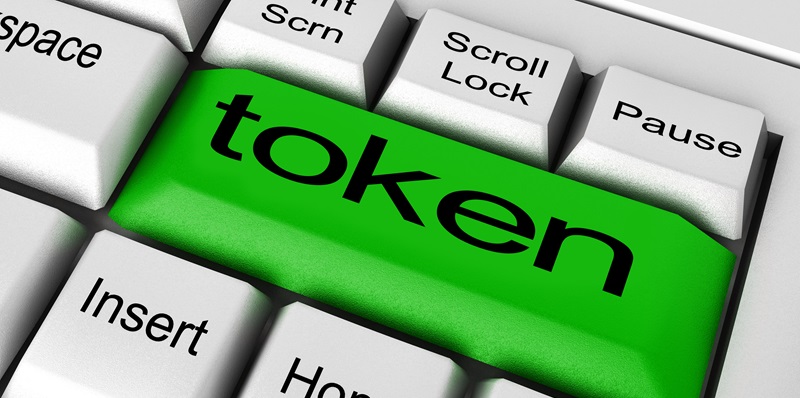Decentralized Autonomous Organizations (DAOs) epitomize a novel model of collective governance grounded in blockchain technology. At their core, DAOs employ governance tokens to bestow voting rights upon their holders, which is a stark departure from the top-down management seen in conventional organizations. Through this method, each token equates to a voice in the major decisions that steer the DAO, thus fostering a more egalitarian form of leadership. This system not only democratizes decision-making but also ensures that the interests of stakeholders are tightly interwoven with the prosperity of the DAO itself. The approach is designed to promote engagement and consensus, empowering participants while aiming for shared success. As such, DAOs represent a transformative shift toward a more inclusive and collaborative organizational dynamic.
The Essence of Governance Tokens
Governance tokens serve as a critical component in DAOs, providing a means for stakeholders to express their preferences on proposals concerning the organization’s direction and operations. The distribution of these tokens often reflects the degree of influence an individual has within the DAO. Token holders can propose changes, vote on funding allocations, or alter the rules that govern the DAO itself. This token-based system creates a transparent and community-driven environment where those invested in the DAO’s success can contribute to its evolution.
Participating in DAO Voting Procedures
To participate in a DAO’s decision-making, stakeholders must first procure governance tokens, granting them voting privileges. This process mirrors a democratic system, where community members propose initiatives and engage in discourse. After deliberation, token holders vote, steering the DAO according to the majority’s will. Each token holder’s influence contributes to the decentralized, collective management of the organization, shaping its strategic path. This system ensures that the governance within a DAO remains in the hands of its active participants, collectively guiding its progress and policies. This democratic approach to decision-making within the blockchain-enabled framework of a DAO is what differentiates it from traditional organizational governance structures, offering a unique blend of technology and participatory administration.

